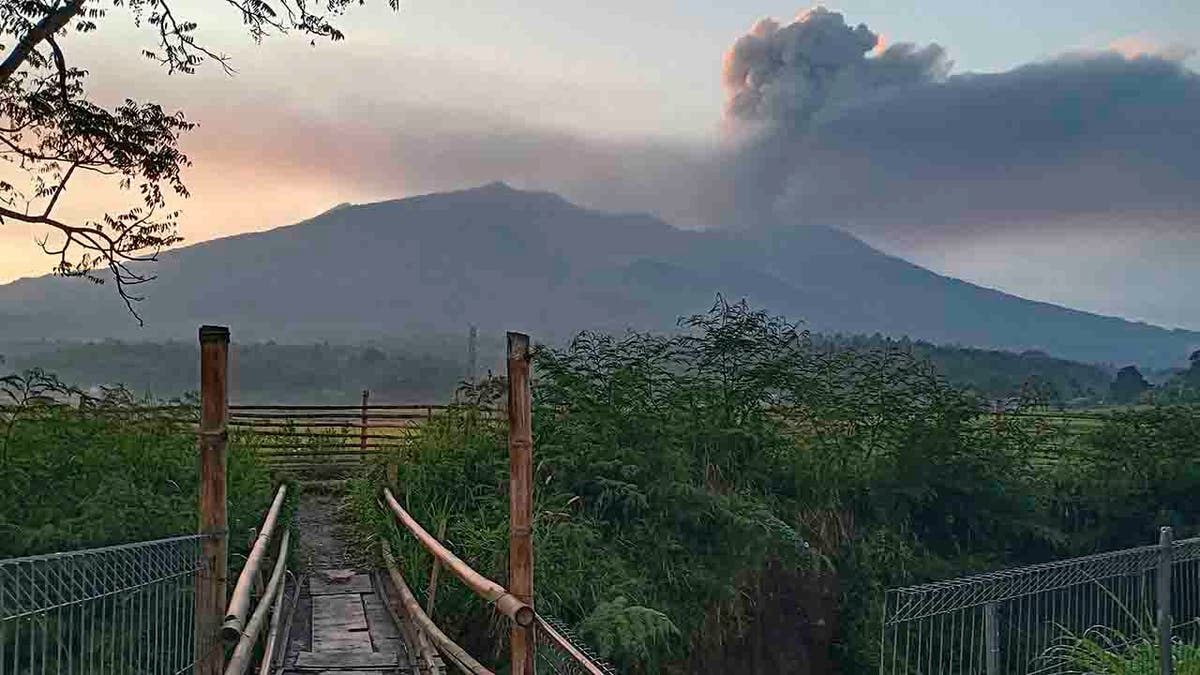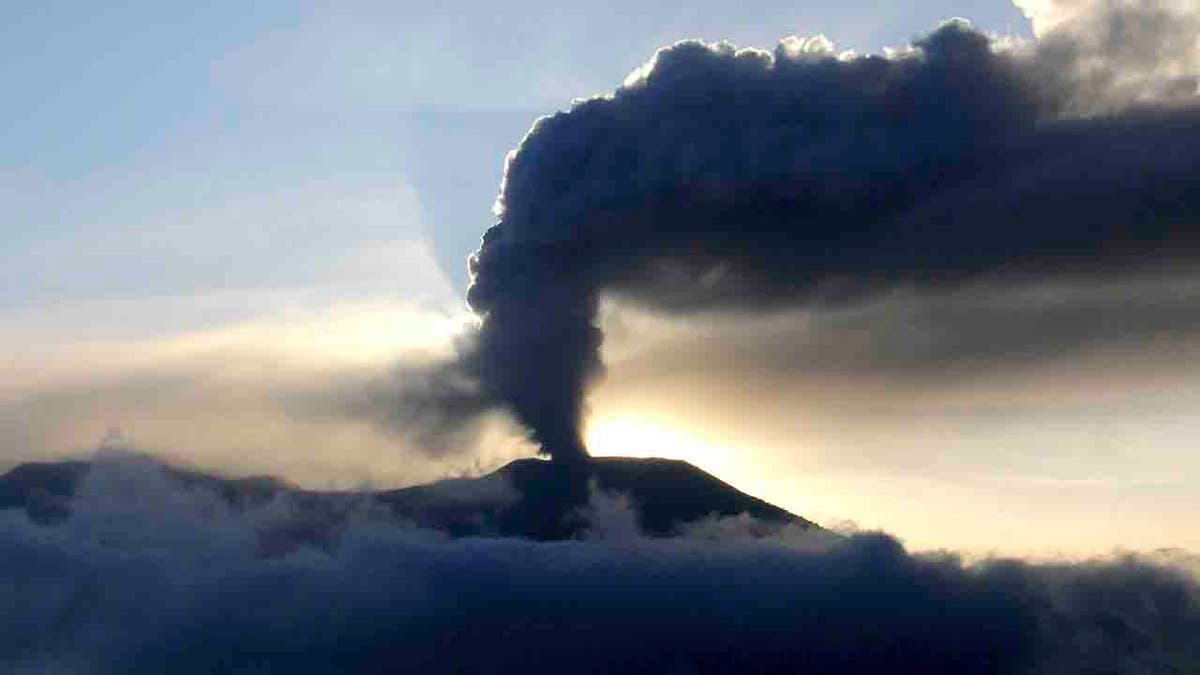Indonesia’s Mount Marapi volcano erupts, killing at least 22 climbers
A volcanic eruption on Indonesia’s Mount Marapi caught dozens of climbers by surprise over the weekend, killing at least 22, with rescuers continuing to search the dangerous slopes for a missing climber, authorities said Tuesday.
Dozens of climbers were near the danger zone when the initial eruption on Sunday spewed thick columns of ash as high as 9,800 feet (3,000 meters).
Rescuers saved more than 50 climbers after the volcano’s first eruption and recovered 11 bodies. Following new eruptions on Monday and Tuesday, rescuers recovered the bodies of 11 others, Abdul Malik, chief of the Padang Search and Rescue Agency, told The Associated Press.
Hot ash blanketing the air and extreme heat hampered search and recovery operations, though officials continued to search for one climber who remained missing and was presumed dead because of how close they were believed to be to the eruption site, Edi Mardianto, the deputy police chief in West Sumatra province, told the AP.
WHAT CAUSES A VOLCANO TO ERUPT? WORLD WATCHES AS ICELAND PREPARED FOR IMPENDING ERUPTION
It was unclear how many people were left stranded by the eruption, with local authorities acknowledging many people may have climbed higher than permitted and villagers may also have been in the area.

Climbers and villagers are required to stay more than 1.8 miles from the peak, according to Indonesia’s Center for Volcanology and Geological Disaster Mitigation, since Marapi reached the third highest of four alert levels for volcanic activity in 2011.
NEW ISLAND EMERGES OFF COAST OF JAPAN FOLLOWING UNDERWATER VOLCANIC ERUPTION
About 1,400 people live on Marapi’s slopes in Rubai and Gobah Cumantiang, the nearest villages, about 3 to 3.7 miles from the peak.

CLICK TO GET THE FOX NEWS APP
Marapi, known for its sudden eruptions due to its location on the Pacific “Ring of Fire,” has been active since a January eruption that caused no casualties.
The Associated Press contributed to this report.
Read the full article Here


